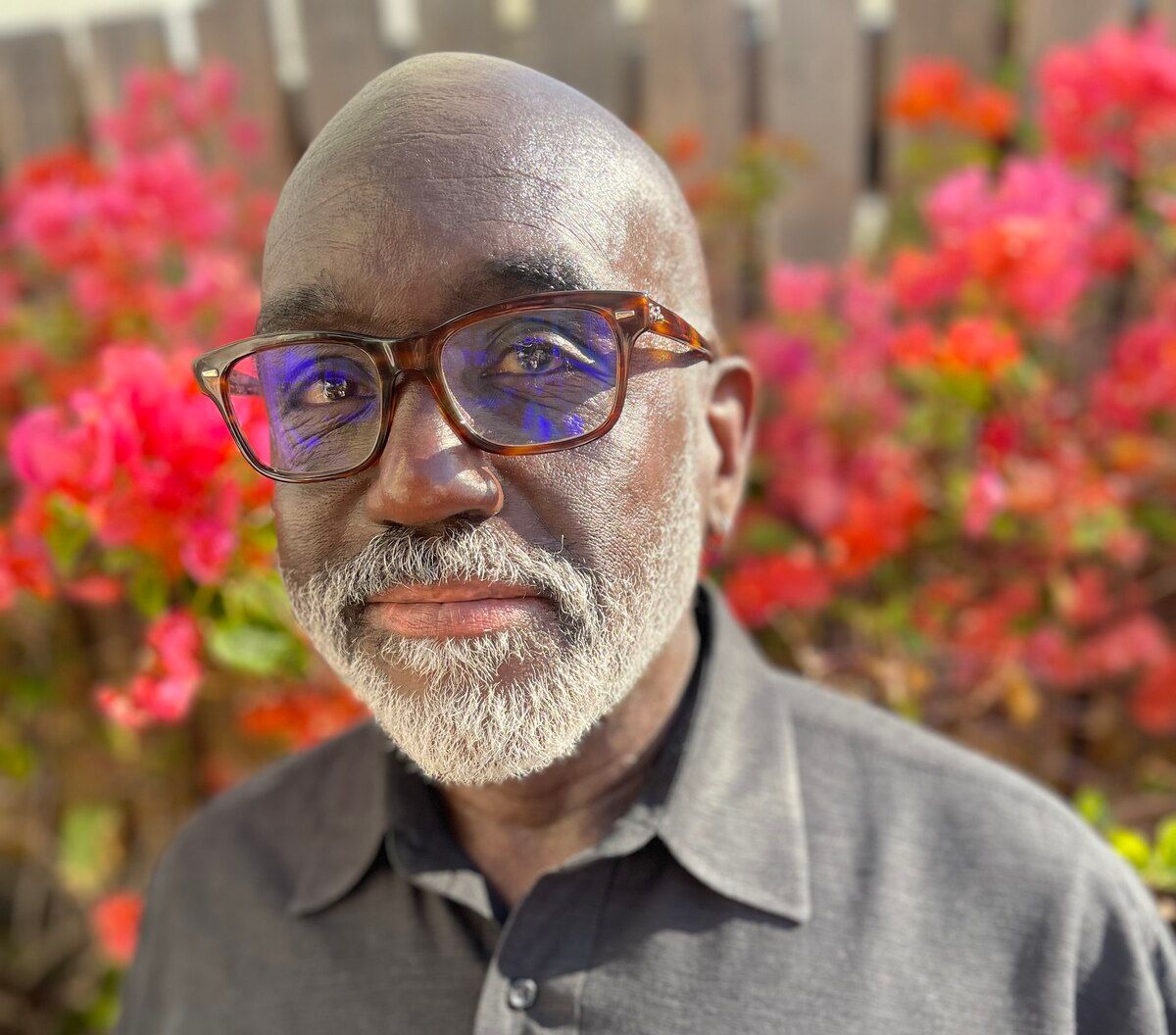
If you want a healthy partnership, it’s essential to set clear expectations and boundaries from the start.
The same holds true for a founder and their board. Despite the power dynamics, CEOs can create a transparent communication framework that respects everyone’s limited time.
In part two of my interview with TigerEye co-founder and CEO Tracy Young, we discuss her approach to work-life balance, the unique challenges women founders face while fundraising, how to run a board meeting in 60 minutes, and the importance of gaming out worst-case scenarios.
For an early-stage founder/CEO, finding ways to save time is one of the most powerful actions they can take, since they’re being pulled in a thousand different directions: hiring, customer care, fundraising, cash management, you name it.
The best way to set priorities is by controlling your time, freeing up energy and focus for what matters most.
Ditching traditional 80-page board decks, she opts instead for concise board memos that typically span two to four pages. In past roles, I’ve helped CEOs prep monster decks and caffeinate before sessions they expected to last three hours. That’s literally enough time to watch “Oppenheimer.”
By comparison, Tracy’s meetings are punchy, focused, and strategic, taking up no more than 60 minutes. The goal is clear: use the time for meaningful discussions and problem-solving.
“It was helpful to sit as an independent board member on two other boards and realize we're all making the same mistakes,” she said, “This is our company. We get to reinvent how we run it and we get to be creative about how we run it, which is the most fun part about building a startup.”
Another unique feature of TigerEye’s culture is their yearly check-in session, where they game out what could go wrong if they don’t meet their goals. It’s a powerful way to identify weak spots proactively.
“Everyone will write down ways the company will die. Running out of money is an obvious way, but usually a lot of competition stuff will come out, and the stuff we need to build and we need to deliver will surface,” said Tracy.
“We also have a ‘pre-parade’ exercise, which is the opposite of that: we're throwing a gigantic parade as a company three years from now. It's a fun exercise, crazy ideas will come out. But what it gives us is a very black-and-white view of what we need to do and what we can't let happen. It just helps us make sure that everything we're working on is high value.”
We spent some time talking about work-life balance and the internal/external pressures founders face. If you’re trying to get a company off the ground, there will always be work to do. To counter that, Tracy said she and Ralph made “wholeheartedness,” the notion that one should be fully present in each aspect of their life, one of TigerEye’s core values.
“I think that is the only way to not feel overwhelmed. Life is hard even for the most fortunate of us, and the best we can do is be completely present every moment.”
Runtime: 24:58
EPISODE BREAKDOWN
(2:20) Why traditional 80-page board decks are “just not helpful for strategic discussion.”
(5:32) How Tracy structures memos for board meetings.
(7:18) The importance of gaming out worst-case scenarios with your team.
(9:31) “Our motto is: ‘go towards where it hurts.’ Go fix it.”
(12:40) Tracy and Ralph’s approach to work-life balance.
(15:26) “It's trite to say, but I try to meditate when I can.”
(17:11) “I have met a lot of women founders who have told me horrific stories.”
(20:24) “You look at who's writing the checks and are actually decision makers. They lean more towards male — actually white males.”
(22:59) “You shouldn't be talking to customers in one meeting and in the same day meeting investors.”
(23:48) The one question she’d have to ask a CEO if she were interviewing for a startup job.
LINKS
SUBSCRIBE


Thanks for listening,
— Walter.



